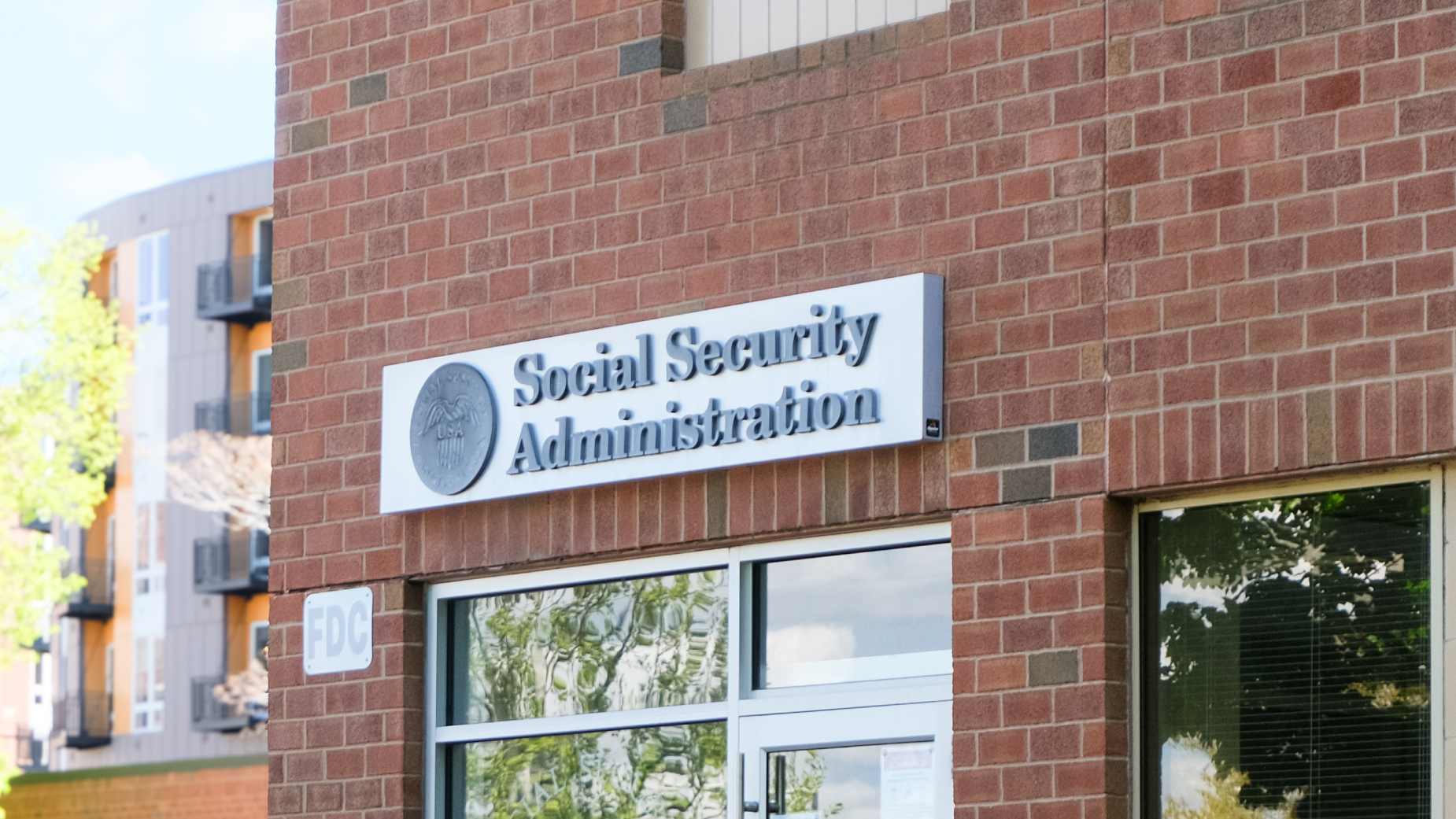The Social Security Administration is the federal agency in charge of giving monthly payments to people in the United States who are eligible for the Old Age, Survivors, and Disability Insurance (OASDI) and Supplemental Security Income (SSI) programs.
The SSA has confirmed that starting in January 2025, all beneficiaries will receive their higher Social Security checks. The year is coming to an end. The new cost of living adjustment raise of 2.5% means that beneficiaries will get checks every month for between $715 and $4,995, which will help them keep up with inflation and pay their bills.
Increased checks from Social Security will reach beneficiaries’ accounts as of January 2025
The Social Security payment schedule says that Americans who retired, lost a spouse, or became disabled and asked for their first benefits before May 1997 will start getting bigger checks on January 3. After this payment, OASDI recipients will get more checks from the federal government on the second, third, and fourth Wednesdays of each month, as long as the following conditions are met:
- If they were born between the 1st and the 10th and have additionally requested benefits after May 1997, they will receive their increased checks on January 8th.
- If they were born between the 11th and the 20th and have additionally requested benefits after May 1997, they will receive their increased checks on January 15th.
- If they were born between the 21st and the 31st and have additionally requested benefits after May 1997, they will receive their increased checks on January 22nd.
Based on the new increase standards for 2025, OASDI beneficiaries will receive the following payment amounts:
| Retirement benefits | Social Security checks | 2.5% COLA increase | Extra income |
| On average | $1,900 | $1,948 | $48 |
| Age 62 | $2,710 | $2,778 | $68 |
| Age 67 | $3,822 | $3,918 | $96 |
| Age 70 | $4,873 | $4,995 | $122 |
| Survivor benefits | Social Security checks | 2.5% COLA increase | Extra income |
| On average | $1,505 | $1,543 | $38 |
| Individual | $1,773 | $1,817 | $44 |
| 2 Children | $3,653 | $3,744 | $91 |
| Disability benefits | Social Security checks | 2.5% COLA increase | Extra income |
| On average | $1,537 | $1,575 | $38 |
| Blind recipients | $2,590 | $2,655 | $65 |
| Maximum payment | $3,822 | $3,918 | $96 |
In addition to retirement, survivor, and disability insurance benefits, the Social Security Administration will also send Supplemental Security Income (SSI) benefits to low-income Americans over 65 and disabled people who are having a hard time paying their bills and meet the SSA’s requirements for income and resources.

Everyone who gets SSI is paid on the first of every month, but because February 1st is a weekend, they will get an extra payment on January 31st. On the last day of the month, SSI recipients will get an average of $715 per month. Those who applied as individuals can get up to $967, and American couples can get up to $1,450.
The Senate is running for the final push on Social Security benefits expansion
The Social Security Fairness Act is a bill that the Senate is about to vote on. If passed, it would give millions of Americans their full Social Security benefits. Senate Majority Leader Chuck Schumer laid out the steps for a final vote that would get rid of rules that keep almost 2.8 million Americans from getting their full Social Security benefits.
The bill was first introduced in the Senate last year and got 62 sponsors. It was then passed by the House with votes from both parties. Still, at least 60 senators must still support the bill for it to pass Congress. After that, it would go to the current government.
The law would add more taxes to the Social Security Trust Funds, which were already thought to not have enough money to pay full benefits starting in 2035.
The Congressional Budget Office says that it will add $195 billion to the federal deficit over ten years, which is a lot of money.
The nonpartisan Committee for a Responsible Federal Budget says that if the policy is approved, a typical couple with two incomes who retire in 2033 would get $25,000 less in Social Security benefits over their lifetime. It would also speed up by about six months the date when Social Security would run out of money.













Leave a Reply